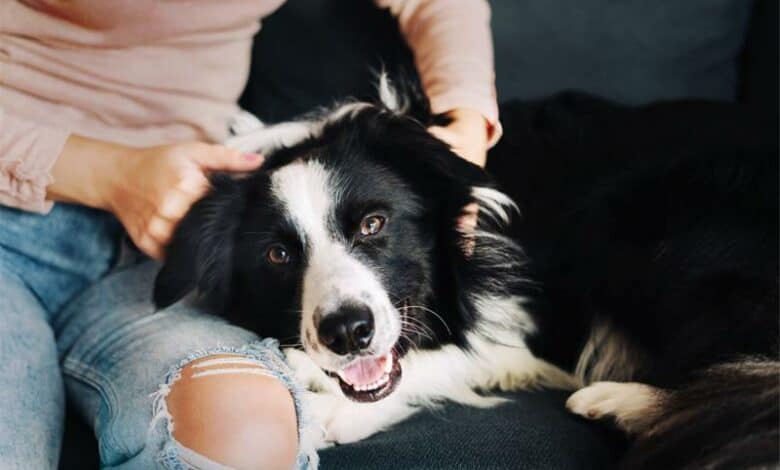Alberton Record
Pet owners can proactively limit rabies through vaccinations

World Rabies Day on September 28 shines a spotlight on the realities of rabies and why it is so important for pet owners to vaccinate their fur babies.
“Rabies is a zoonotic disease, which means it can be transmitted from animals to humans,” explained Dr Tarryn Dent, Business Unit Lead: Companion Animals at Zoetis South Africa (Zoetis), a global animal health company.
“The virus affects the brain and nervous system and is spread through the saliva of infected animals, typically through bites, scratches, or licks on broken skin.
“The problem is by the time symptoms appear, whether an animal is infected or a human, rabies is almost always fatal.
“This is a case of prevention, not only being better than the cure but the only alternative because a cure does not exist.”
Despite being preventable through vaccination, rabies remains widespread in many parts of the world, including South Africa.
While it primarily affects dogs and cats, any mammal can contract and spread rabies, as proven in the recent outbreak among the Cape fur seals in South Africa.
“The Department of Agriculture, Land Reform and Rural Development recently released a report about the rabies outbreak in the Cape,” said Dent.
“Cape fur seals have shown increased aggression towards humans since 2021, and we now know this is likely linked to the detection of rabies in the species, which is a first for Southern Africa.”
Cape fur seals are known for their social nature and extensive travel patterns, and the outbreak highlights the unpredictable nature of the virus and its ability to cross species barriers.
Trials are currently underway to develop and test a vaccine for Cape fur seals. Little is known about the transfer of the virus to the marine environment and the effectiveness of existing registered rabies vaccines in Cape fur seals.
“Rabies vaccines for dogs and cats are proven and effective, and vaccination remains the most effective tool in the fight against rabies,” said Dent.
“By vaccinating our pets, we not only protect them but also contribute to herd immunity, reducing the overall prevalence of the disease in animal populations. This decreases the risk of human exposure.
“The long-term goal is to stop the disease from spreading, particularly if it is now moving into new animal population groups.”
As a member of the global One Health community, South Africa has set an ambitious goal of eliminating dog-mediated human rabies cases by 2030 through its National Strategy for the Elimination of Canine-Mediated Human Rabies in South Africa.
The Department of Agriculture has used the Cape fur seal outbreak to emphasise all dogs and cats must be vaccinated against rabies, by law, according to the Animal Disease Act, 1984.
“One Health is an integrated approach that recognises how connected human, animal, and environmental health is,” said Dent.
“The control of rabies in humans is directly tied to the control of the disease in animal populations.
“Dogs are still the leading cause of human rabies in South Africa because of our close association with them. Pet owners are ideally positioned to play a critical role in rabies prevention by following recommended vaccination schedules.”
The Department of Agriculture recommends that all puppies and kittens receive their first rabies vaccination at 12 weeks, with a booster shot between one and 12 months after their first vaccination. This should be followed with booster shots every three years.
“Annual boosters are recommended in high-risk areas.
“Zoetis advises to discuss your pet’s vaccination schedule with your veterinarian or the state veterinarian in your area,” said Dent.





















